

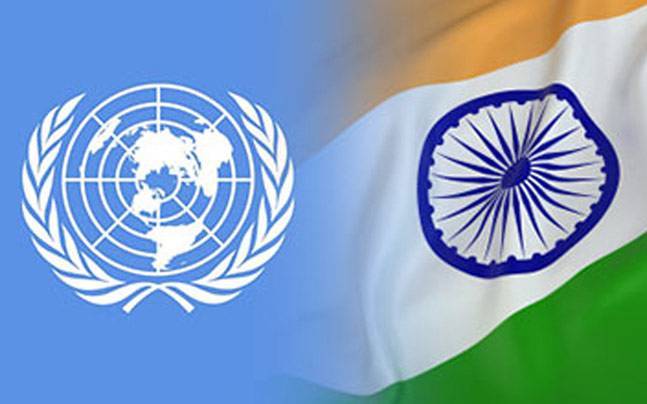
In a landmark development, India has secured its re-election to the United Nations Peacebuilding Commission for the 2025-2026 term. With its unwavering commitment to promoting peace and stability globally, India's continued involvement in the commission is a testament to its efforts in maintaining global harmony. With a significant number of Indian personnel deployed in volatile regions, this reaffirms India's vital role in international peacekeeping initiatives.
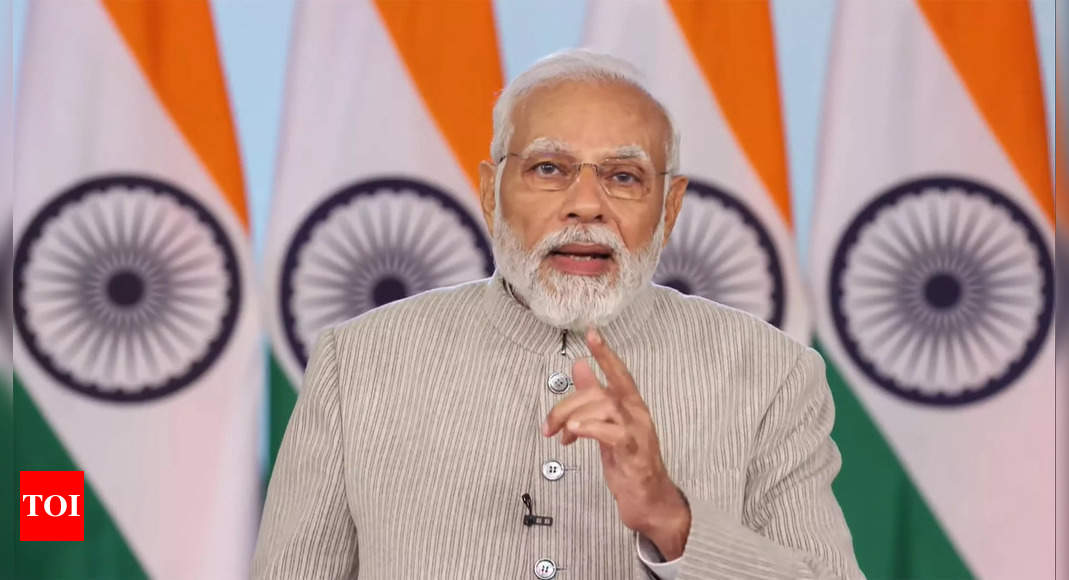
In a historic first, India will host the International Cooperative Alliance's global conference and General Assembly, where Prime Minister Modi will launch the 'United Nations International Year of Cooperatives 2025'. The event will be held in New Delhi from November 25-30 and will see over 3,000 delegates, including esteemed guests from Bhutan and Fiji. Despite challenges, the event will showcase India's commitment to the global cooperative movement and highlight the importance of cooperation in achieving sustainable development goals.
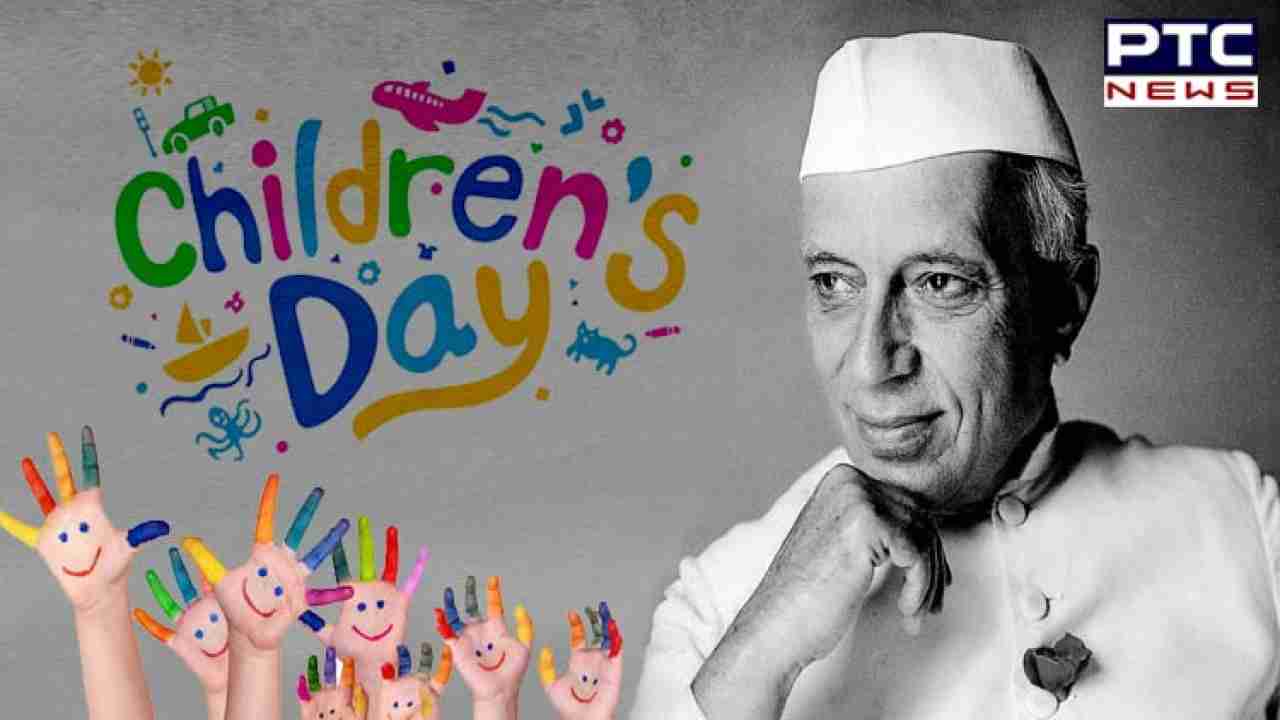
Every year on November 14, India celebrates Children's Day to honor the country's first Prime Minister, Jawaharlal Nehru, on his birth anniversary. Also known as 'Bal Diwas,' this day is a tribute to Nehru's love for children and his vision for a brighter future for the young generation. While the United Nations observes Universal Children's Day on November 20, India chose to dedicate November 14 to demonstrate its commitment to the well-being and development of its children.
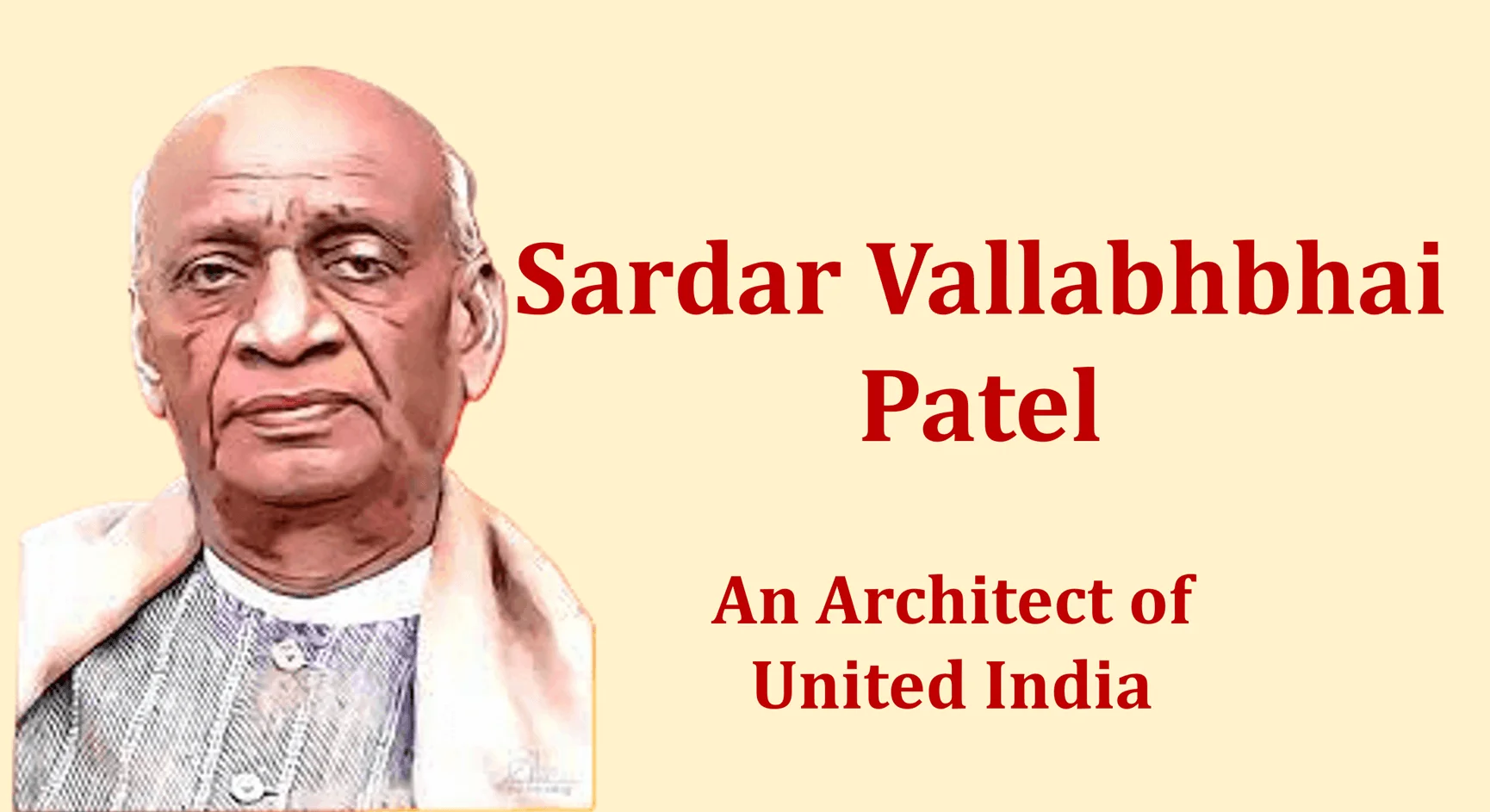
This year, as India celebrates Sardar Patel's birth anniversary, we acknowledge the role he played in shaping modern India. As the first Home Minister and Deputy Prime Minister of the country, Patel's contributions are often overlooked but his efforts in unifying the princely states and establishing the all-India services system have greatly impacted the nation's governance. Through diplomatic negotiations and strategic thinking, Patel was able to bring together more than 500 separate territories and pave the way for a united Indian nation.
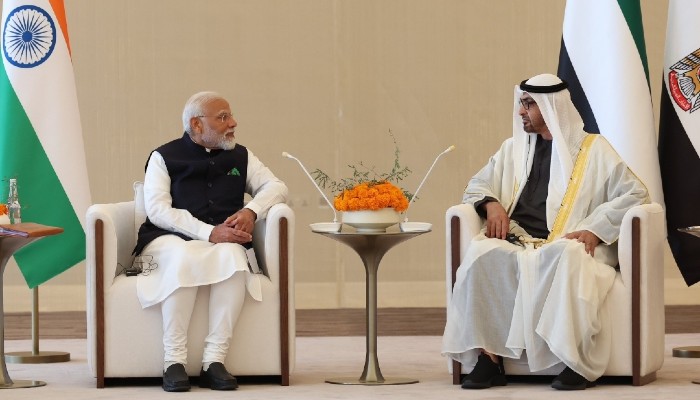
India and the United Arab Emirates (UAE) have further strengthened their already robust partnership by signing a new Bilateral Investment Treaty (BIT) on August 31, 2024. This agreement, along with several other key agreements, highlights the commitment of both nations to boost economic cooperation and bilateral investments. With an investment of US$19 billion by the UAE in India from 2000 to 2024, this new treaty aims to provide key protections for investors from both countries and maintain a resilient investment environment.
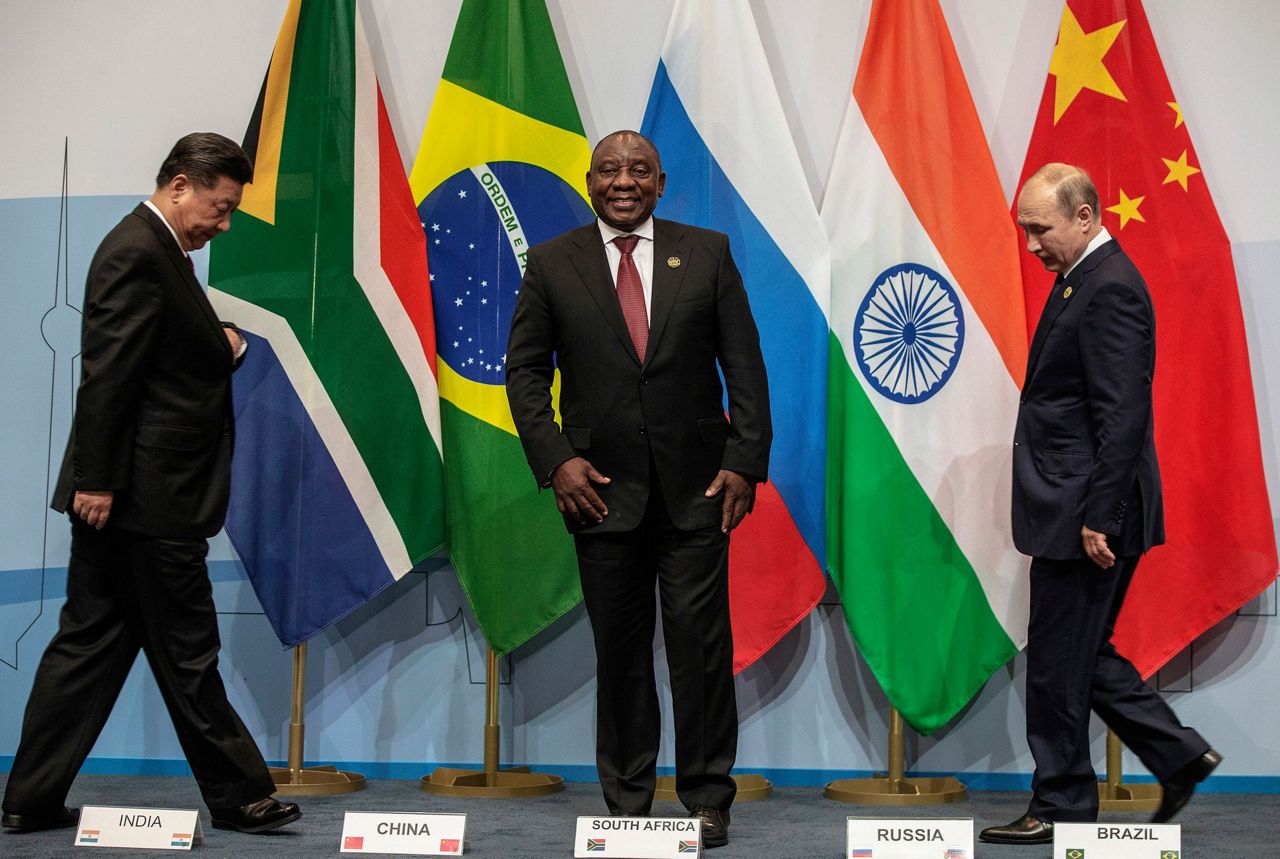
As tensions rise between the US and China, countries from the Global South are looking to strengthen their ties and assert their collective power. This is evident in upcoming events such as the BRICS Summit, where leaders from Brazil, Russia, India, China, and South Africa will discuss trade, currency issues, and the global supply chain. Another significant event is the China-Africa Summit, where China is deepening its cooperation with African nations in an effort to create a more united front against Western dominance. These events highlight the importance of the Global South in shaping the future of global politics and economics.

Speaking at the NDTV World Summit, former UK prime minister David Cameron emphasized the need for a "reset" of global institutions as the world continues to evolve. He praised India's strong economic growth, democracy, and commitment to tackling climate change, and argued that the country should have a permanent seat on the United Nations Security Council. Cameron also noted that India's increasing global presence is already being recognized, through its involvement in groups like the Quad and the G20, and its regular invitation to attend the G7 meetings.
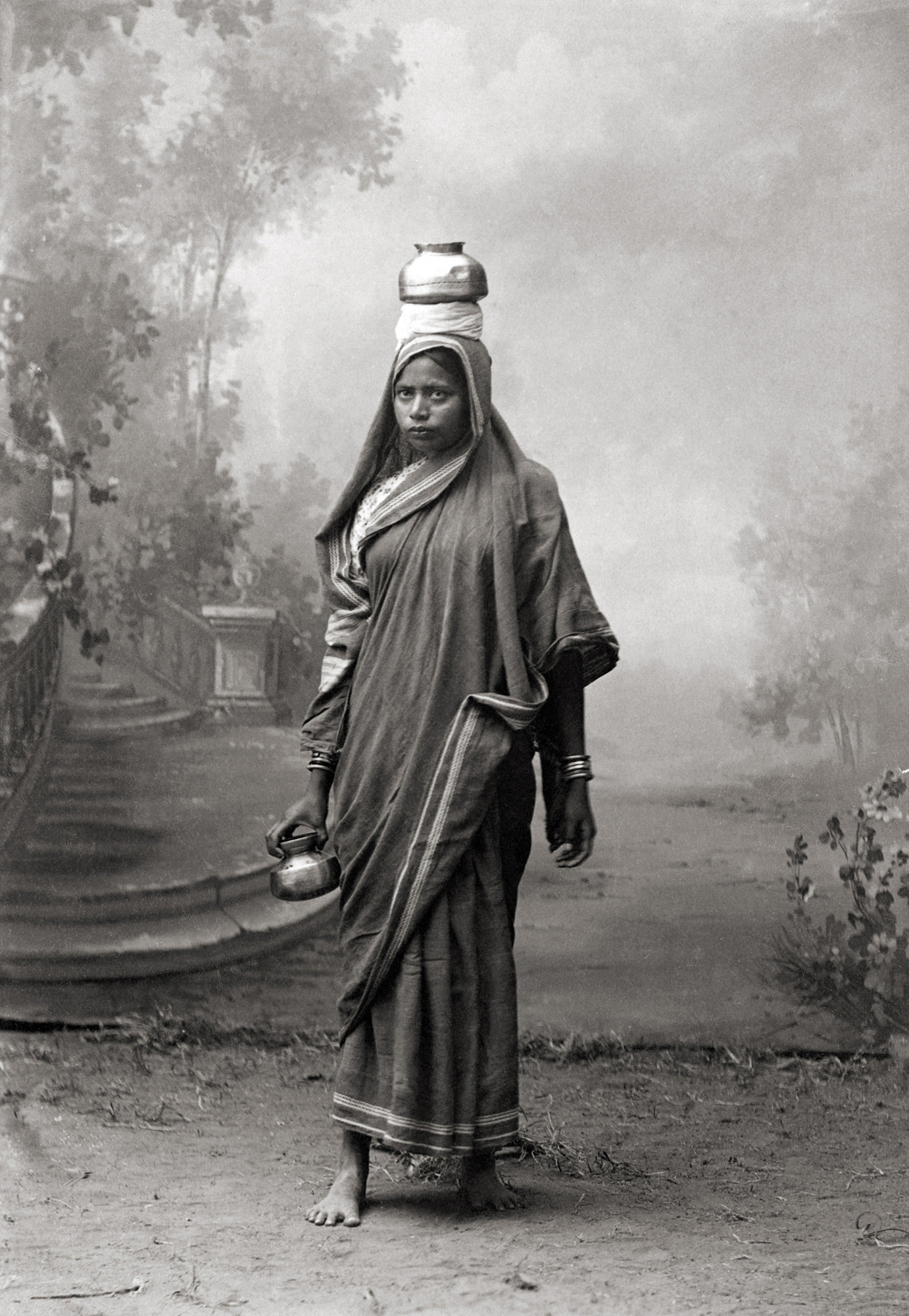
Pankaj Oswal, a Swiss industrialist, has filed an urgent appeal with the United Nations alleging the illegal detention of his daughter, Vasundhara Oswal, in Uganda. The 26-year-old was seized by twenty armed men at her father's extra-neutral alcohol plant, with no identification or warrant provided. Vasundhara's social media posts detail the inhumane conditions she was subjected to during her detainment, along with claims of corporate jealousy and extortion by a 68-year-old man. The family has also claimed that Vasundhara was denied access to proper food, water, and legal counsel.
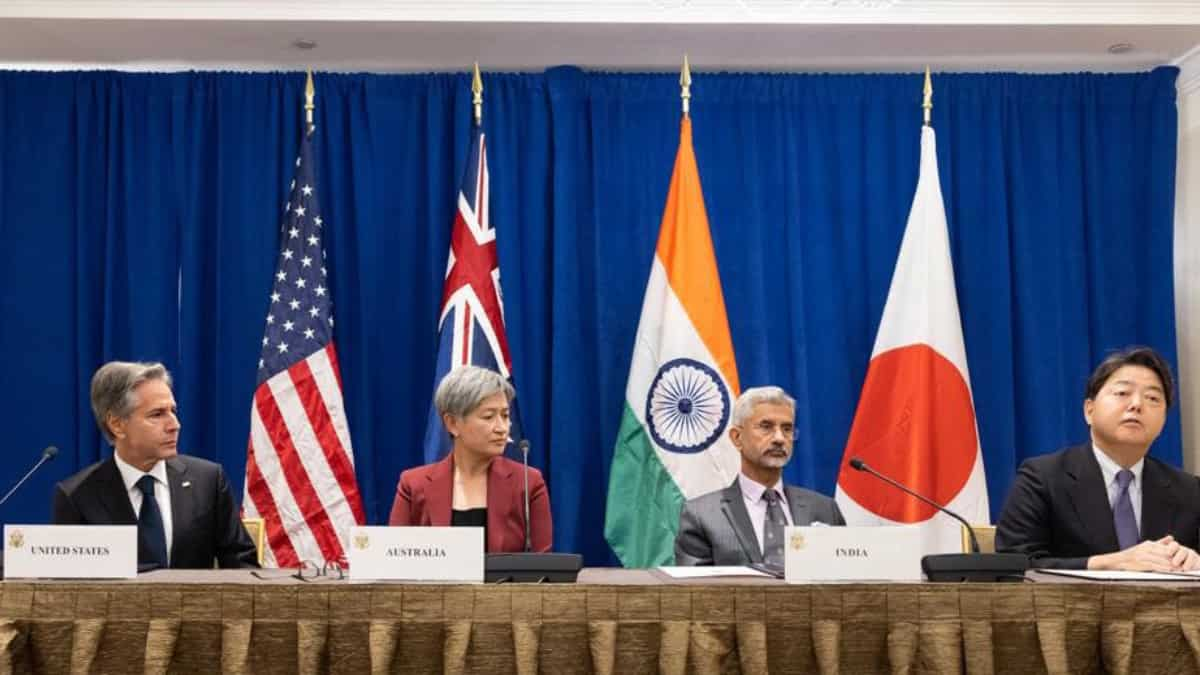
In a brief meeting on the sidelines of the United Nations General Assembly, Indian External Affairs Minister S Jaishankar and his Iranian counterpart Seyed Abbas Araghchi discuss mutual concerns and bilateral relations. The meeting took place before the BRICS nations' meeting, where the two countries are part of the emerging economies bloc. The meeting comes at a critical time as tensions rise in West Asia due to conflicts involving Iran and other neighboring countries like Israel and Yemen.
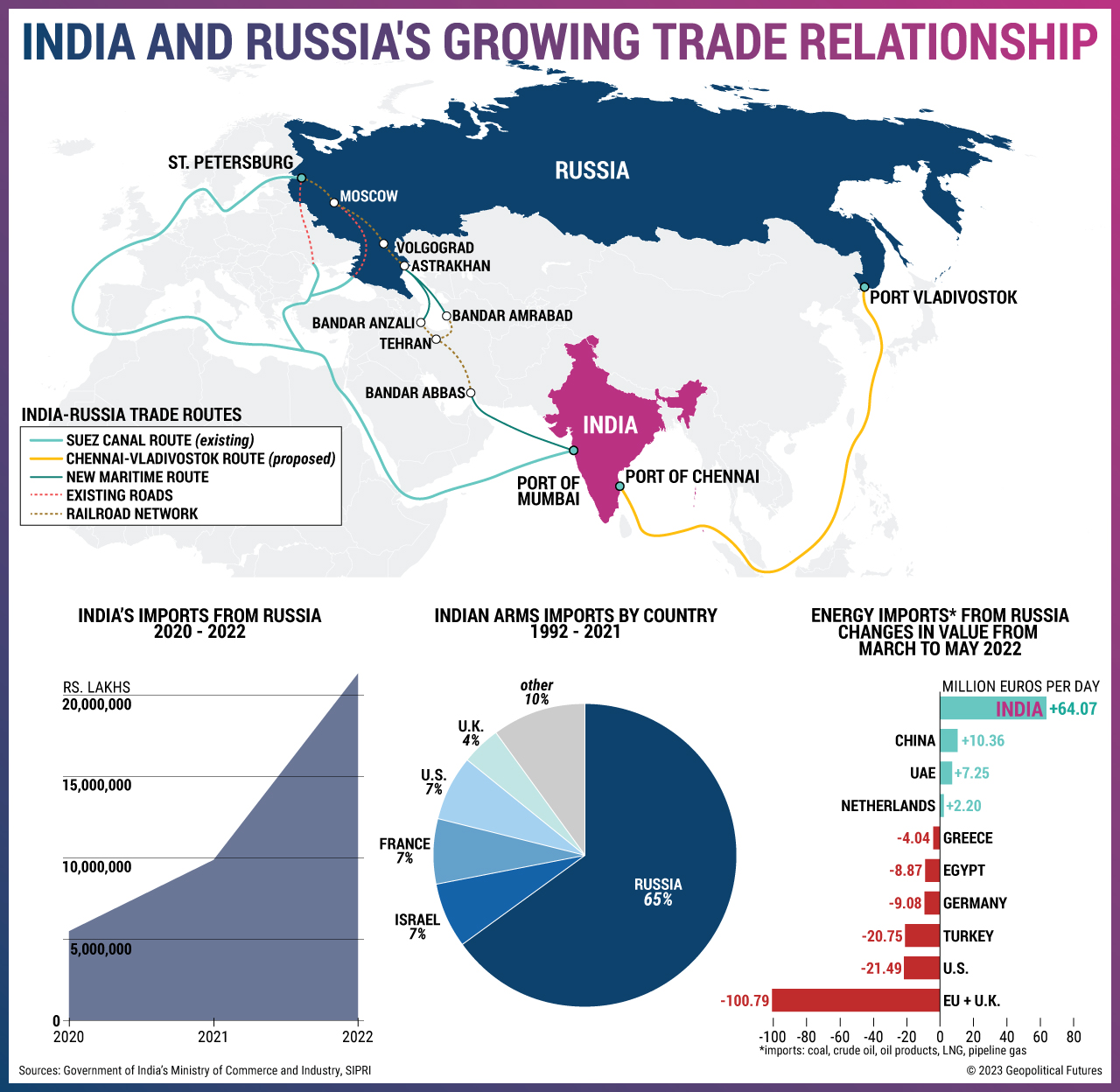
As tensions between Russia and Ukraine continue to escalate, the long-standing relationship between India and Russia has been put under close scrutiny. Indian Minister of External Affairs Dr S Jaishankar recently gave a speech at the Asia Society Policy Institute in New York City, highlighting the three key aspects of this relationship: geopolitics, trade, and military partnership. Jaishankar emphasized the importance of this partnership for both countries, especially in terms of addressing external hostile forces. With the Eurasian region being a major global player, the ties between India and Russia have a significant impact on the stability and productivity of both nations.